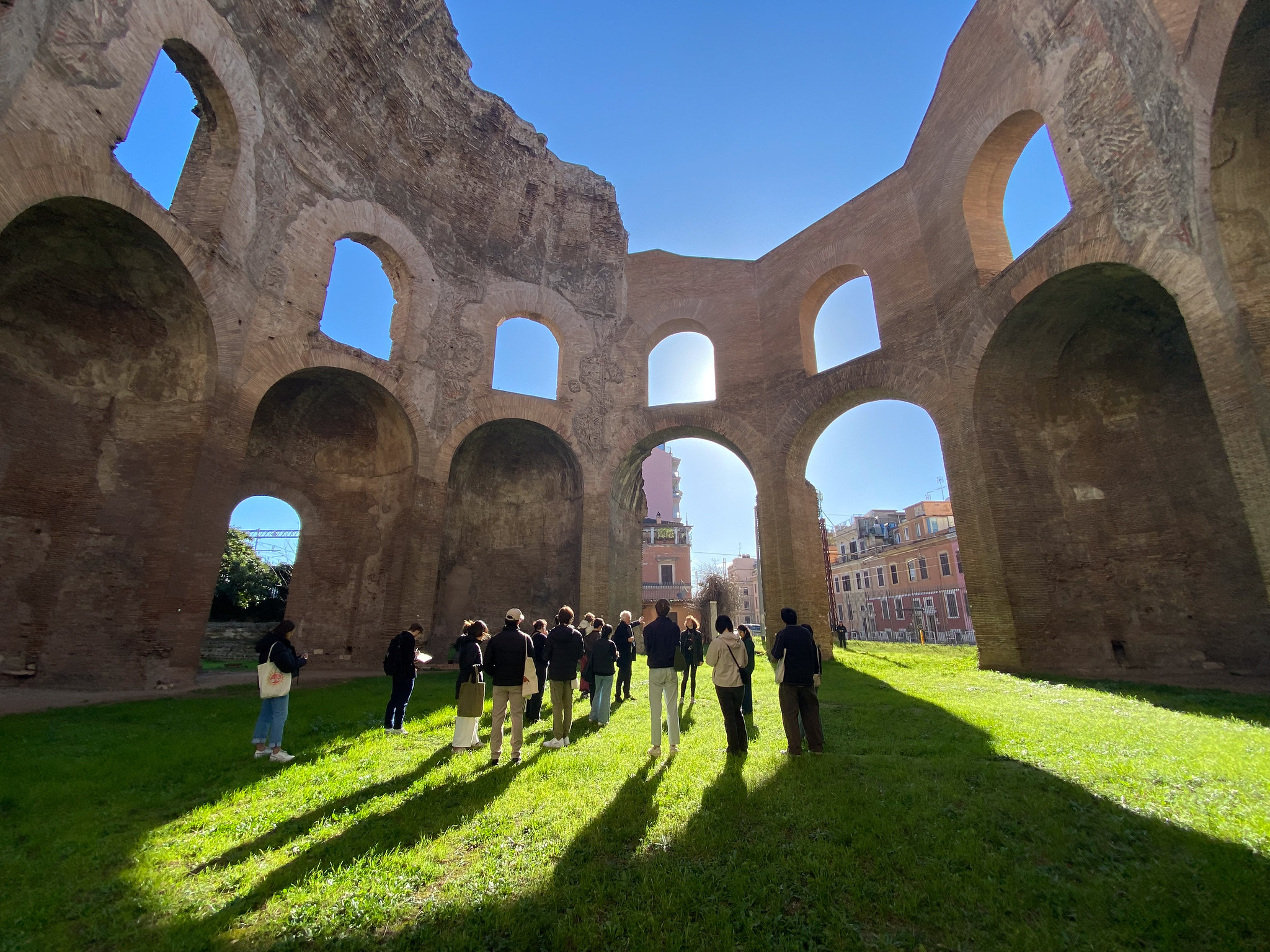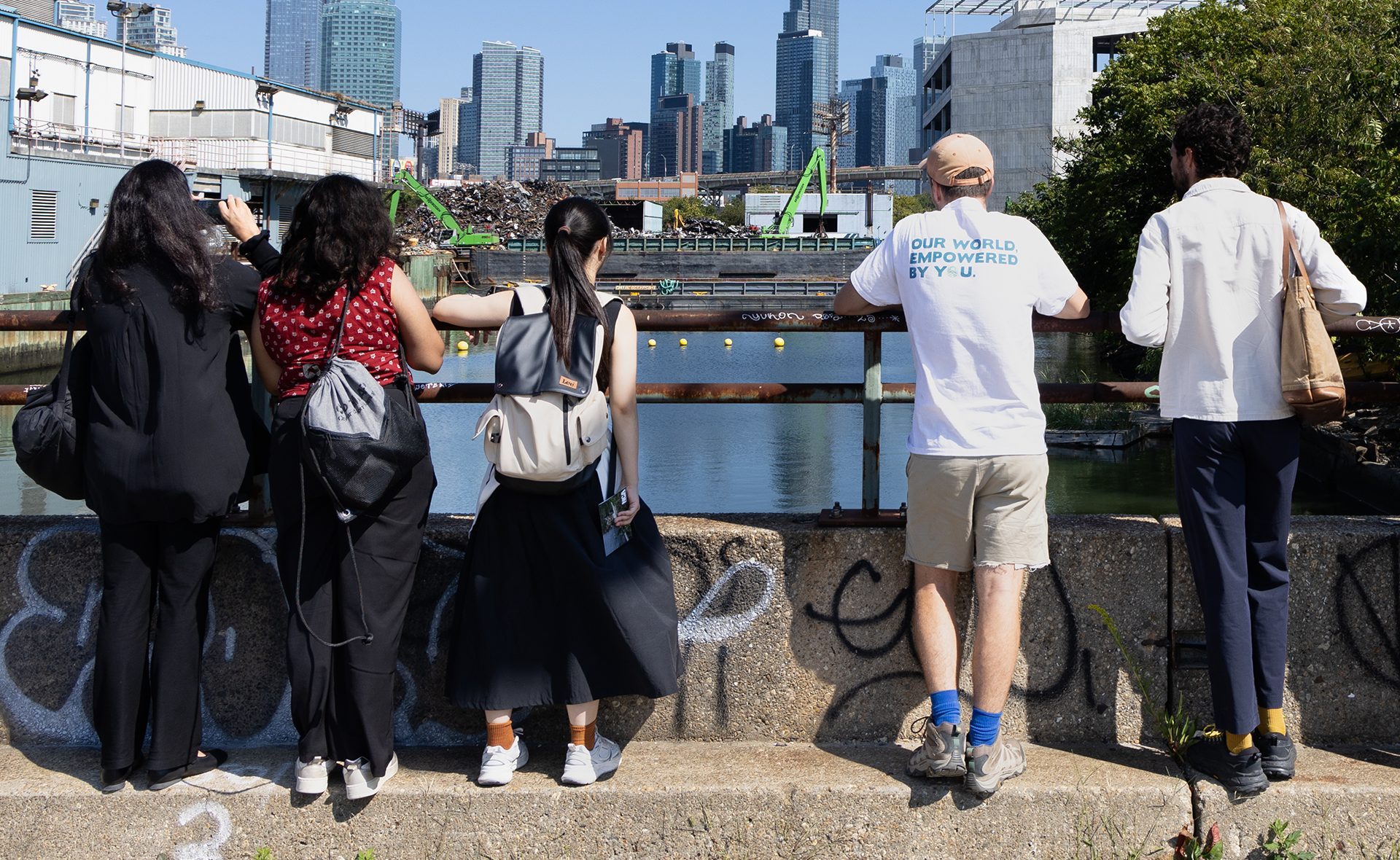The Master of Regional Planning (M.R.P) is a professionally accredited, two-year program with STEM designation. Our multifaceted, transdisciplinary M.R.P. curriculum prepares the next generation of change-makers to build more just, inclusive, sustainable, and dynamic cities and communities.
Coursework
The M.R.P. program includes 60 credits of coursework and a final capstone (“exit”) project. Core classes (30 credits) provide a strong foundation in planning practice and theory. Students can take elective classes (30 credits) in CRP as well as in programs and departments across Cornell. Electives allow students to develop specializations and curate their own course of study and career path. Every M.R.P. student is paired with a faculty advisor who help navigate options and guide choices.
Core: ~30 credits
Required classes
- Introduction to Planning Practice and History (4 credits)
- Urban Theory (4 credits)
- City and Regional Futures: Planning Practice, Policy, and Design (1 credit)
- Either Land-Use Law or International Institutions (3 or 4 credits)
- Either Land-Use and Spatial Planning Methods or Methods for Spatial Economic and Demographic Analysis (4 credits)
- Either Urban Economics or Public and Spatial Economics for Planners
- An additional methods course of the student’s choice (3 or 4 credits)
- Inferential Statistics for Planning and Public Policy or a parallel statistics course (3 or 4 credits)
- A CRP workshop class (4 credits)
- Completion of an exit project, research paper, practice-based report, or thesis (4-10 credits)
M.R.P. Concentrations
M.R.P. concentrations are self-directed, not required. They help students focus their interests and develop specialized areas of expertise in planning. Students can work in and across four concentrations:
- Designing the City
- Economic Development Planning: Communities and Regions
- Land Use and Environmental Planning
- International Studies in Planning
Students consult with their faculty advisors as they develop their course of study.
Additional Opportunities
M.R.P. students participate in exciting field trips and workshops and have the option to study off campus in New York City or Rome. Learn more about Study Away.
Internships
All first-year Master of Regional Planning students are eligible to receive a stipend for securing a summer internship, project, or opportunity related to their career goals. AAP Career Development works with the cohort throughout the academic year to set goals and activate networking and search strategies. Internships are typically taken in the summer between the first and second years. There are also great opportunities for pursuing research in faculty-led research labs and the Cornell Mui Ho Center for Cities.
Post-graduation, M.R.P. graduates follow exciting career paths in the public, private, and non-profit sectors in the US and around the world, and often benefit from an extensive network of alumni who help current students build successful careers.
Curriculum

page
The Gensler Family AAP NYC Center
Located at the AAP NYC Gensler Family Center in the Tata Innovation building on the Cornell Tech campus on Roosevelt Island, our New York City-based offerings expand education with first-hand experience, immersion, collaboration, and connection across disciplines and industries.

page
Cornell in Rome
Cornell in Rome offers students an opportunity to study architecture, art, and planning in situ as they explore the past, present, and future in the city and its surroundings.
